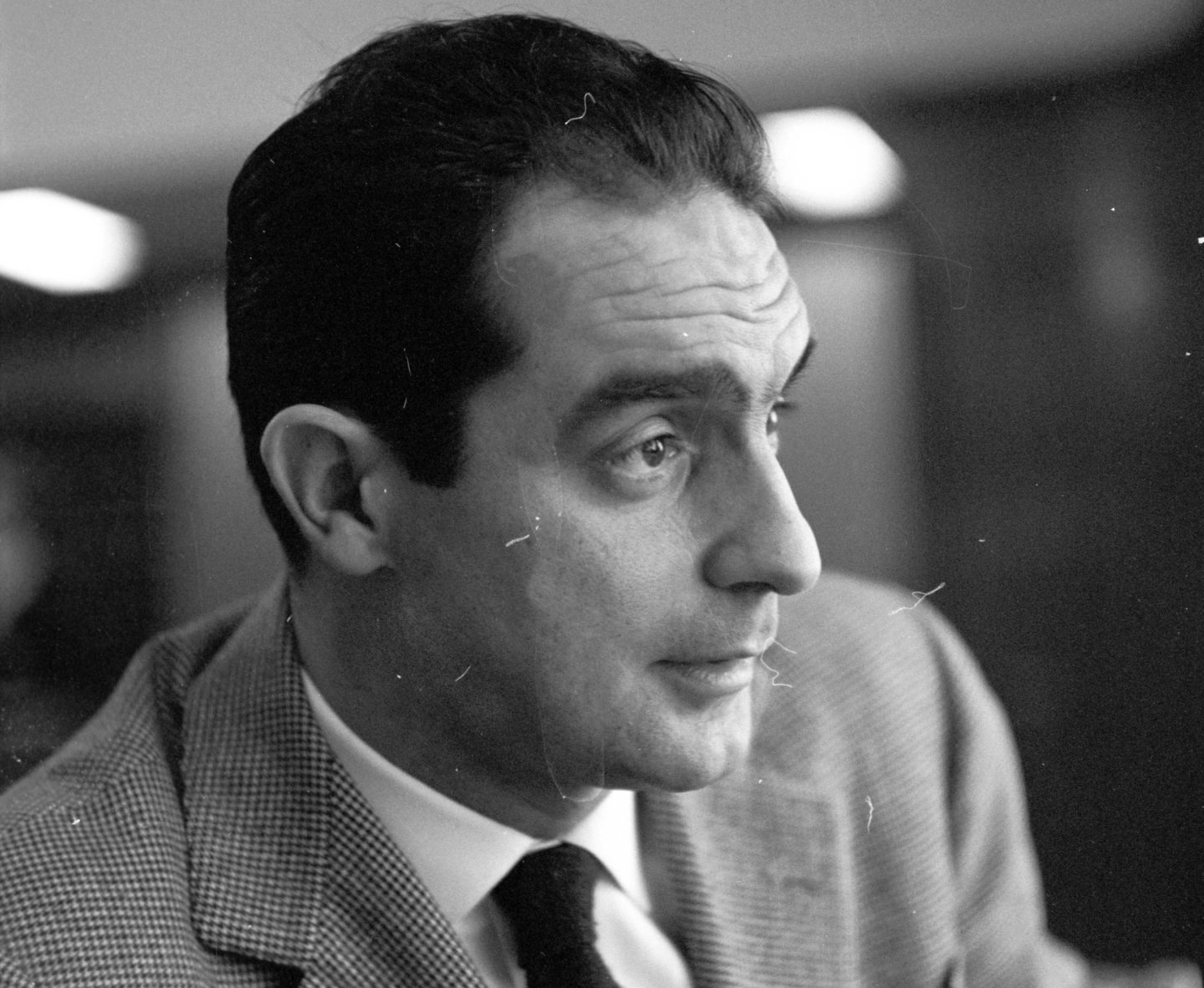The Short Read: The Castle of Crossed Destinies by Italo Calvino
Think you don’t have time for books? The Short Read is a Pi Arts & Culture column celebrating ‘novellas’ and ‘nonellas’: pocket-sized great works of fiction and non-fiction. In this article, Francesca Liberatore writes on The Castle of Crossed Destinies by Italo Calvino (48 pages).
The Hanged Man: “Leave me like this. I have come full circle and I understand. The world must be read backward. All is clear”
The Castle of Crossed Destinies is an unconventional, experimental novel written by Italian writer Italo Calvino in 1973. It is composed of both text and image, with pictures of tarot cards printed on the page margins. In the novel, a traveller decides to interrupt his long journey through the forest to rest in a mysterious castle. The castle’s bizarre effect is soon revealed: at dinner with the other travellers, the narrator finds out that they have forgotten how to speak. However, the group soon comes up with a solution: they will narrate their lives using only a deck of tarot cards. Taking turns, everybody starts combining the cards to recount some of the most salient episodes of their lives.
One of the most striking features of The Castle of Crossed Destinies is the writing process; the novel was written partly through the author’s conscious choice and partly as a product of chance. Calvino used two methods to compose the story: sometimes he would try to find the right tarot cards to illustrate well-known myths and tales, and at other times he would randomly shuffle the cards, spread them on a table and try to find a discernible story from the contingency of their positions. What the reader finds is, therefore, a vast array of stories told in different, unorthodox ways.
The Castle of Crossed Destinies, however, is not simply a jumble of improvised stories. There is also a significant philosophical component, which invites reflection on the nature of language. As the characters of the novel find themselves deprived of the ability to speak, human language is revealed as simply another sign system which can readily be substituted by a deck of cards.
The cards have an important function in the novel, as they act like a wakeup call for the readers, making them realise the shortcomings of human language. A tarot card can change meaning according to the context in which it is placed. This is why, when reading this novel, readers will often find themselves disagreeing with the narrator’s own interpretation of the stories.
The same, although perhaps to a lesser degree, can be said of language. One word doesn’t make sense on its own: just like the tarot cards, it needs context. This makes readers realise that human language can also be interpreted in multiple ways, and ultimately leads to the question of how accurately language is able to convey meaning and describe the natural world.
Nevertheless, the novel’s philosophical commitment does not strip the pleasure of reading away. The Castle of Crossed Destinies remains an enjoyable read and a chance to explore well-known stories retold in an original and ingenious way. We find those reminiscent of Parsifal, Oedipus, King Lear, Macbeth, Hamlet and Roland, as well as new, invented ones. Moreover, as above, the reader’s imagination is stimulated as they can decide to reject the narrator’s own interpretation and come up with their own explanation of the stories.
The Castle of Crossed Destinies is one of the rare contemporary Italian works that has been acclaimed for its use of fantastic narrative elements. Having been raised in Italy, I’ve noticed that the long-established Italian realist tradition still remains reluctant to recognise fantasy as a respectable genre. This runs counter to recent trends in world literature, where myth, fairy tales and fantastic elements are efficiently inserted into literary works and, in my opinion, greatly increase their worth.
In a country where fantasy is still considered trivial literature, Calvino stands up as one of the few authors who managed to break or circumvent this taboo. Curious minds may want to explore his work further: they range from fantasy (Our Ancestors) to science fiction (Cosmicomics and t zero) to more experimental works (If on a Winter’s Night a Traveller).
Among his works, The Castle of Crossed Destinies, with its 48 pages, constitutes the ideal starting point into the work of this writer and offers the perfect combination of philosophical depth and entertaining narratives.

